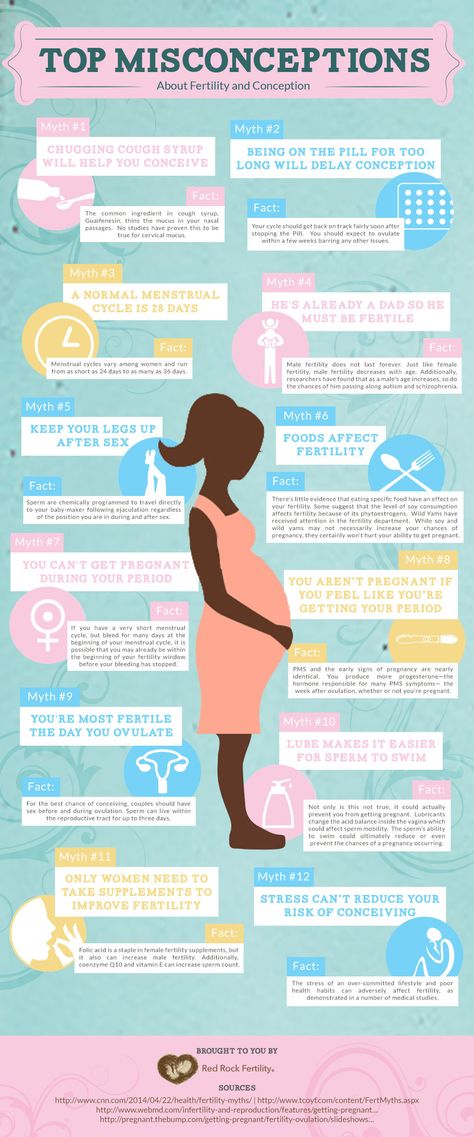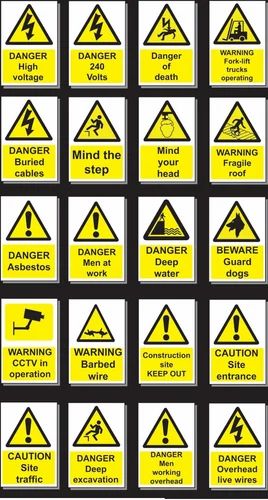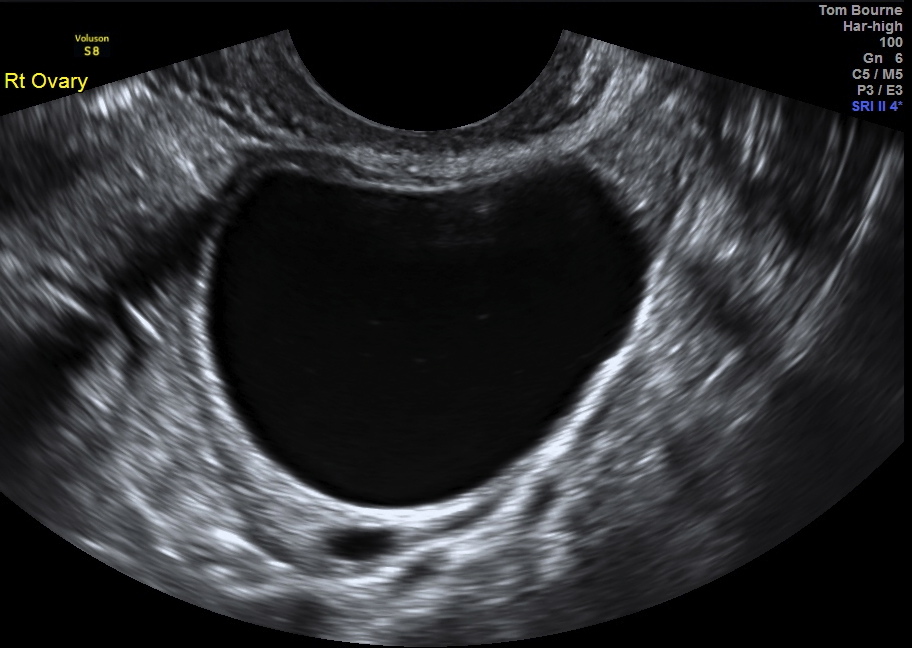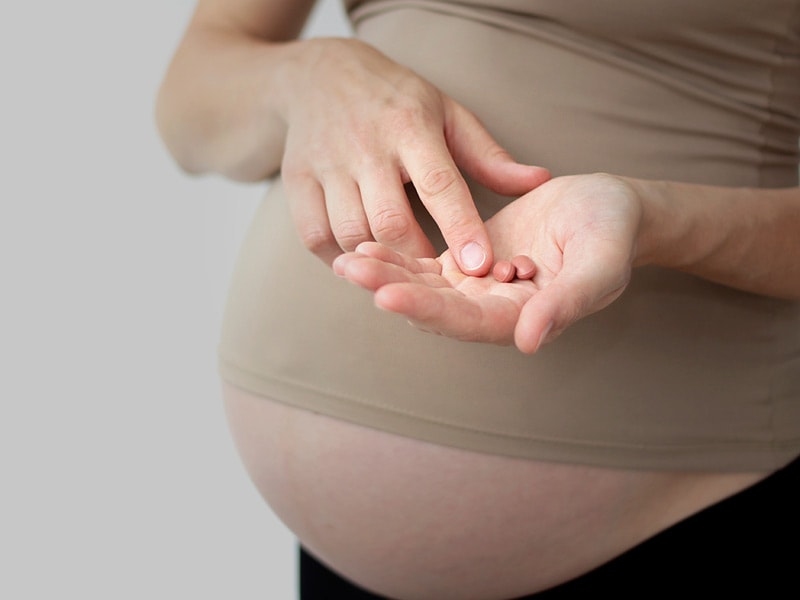Week old newborn not pooping
Your Baby's Not Pooping but Passing Gas? What You Should Know
Congratulations! You have a new little person in the house!
If you’re a newbie parent you might be feeling like you’re changing your baby’s diaper every hour. If you have other little ones, you already know that a diaper can tell a lot about a baby’s well-being, but that babies — like adults — can sometimes have common plumbing issues.
If your baby is not pooping but passing gas, don’t worry. Your baby is still getting the hang of this thing called digestion. This is a normal part of being a baby.
There are several reasons why your baby might not be pooping. This can be uncomfortable for them (and you) but in most cases it’s not a reason to worry. Here’s what to know and what to do about your baby’s gassiness and lack of poop.
In contrast to the early newborn days when it seems every diaper change is a poop, your baby will naturally poop less as they get to be a few weeks to several months old.
There is a range of healthy when it comes to how often a baby should poop. As long as your baby is feeding normally and gaining weight (1 to 2 pounds a month), don’t worry about the number of poops.
Some babies 2 months or older poop once a day or more often. Other babies poop once every few days or even once a week. Even if your baby is pooping less frequently, their poop should be soft and easy to pass when they do go.
Breastfeeding, formula, and solids
Pooping frequency depends in part on what your baby is eating.
If your baby is only being breastfed or chestfed they may not poop every day. This is because their body can use up almost all the components of breast milk for nutrition and there is very little left that needs to be eliminated. After the first 3 to 6 weeks or so, they can go even a whole week without a poop.
If your baby is formula-fed they should poop at least once every couple of days. But some babies poop every day, while some poop more often, up to several times a day.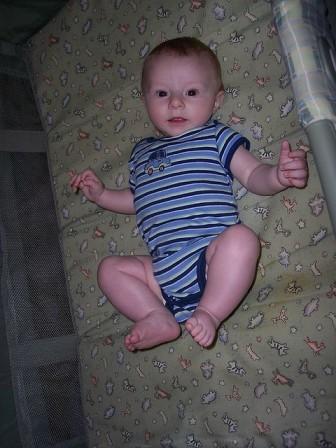 This is all within the typical range.
This is all within the typical range.
Because the look of your baby’s poop can vary, it can sometimes be hard to tell when a baby has diarrhea. Signs that there could be a problem include pooping more than once per feeding, or poop that is getting more watery over time. If you notice any of these signs, talk with your baby’s pediatrician or doctor.
Once your baby starts eating solid food, it’s a whole new game! You’ll soon learn which foods might give your baby gassiness without pooping and which their digestive system seems to poop out almost too quickly.
Color and texture
Pooping the rainbow is pretty normal for a baby. Different textures and smells are also completely normal.
In fact, your baby’s poop may move between several shades of brown, yellow, and green, depending in part on what they’re eating.
Chalky, red, or black poop might mean that there is a health issue. If you notice these changes, talk with your baby’s pediatrician immediately.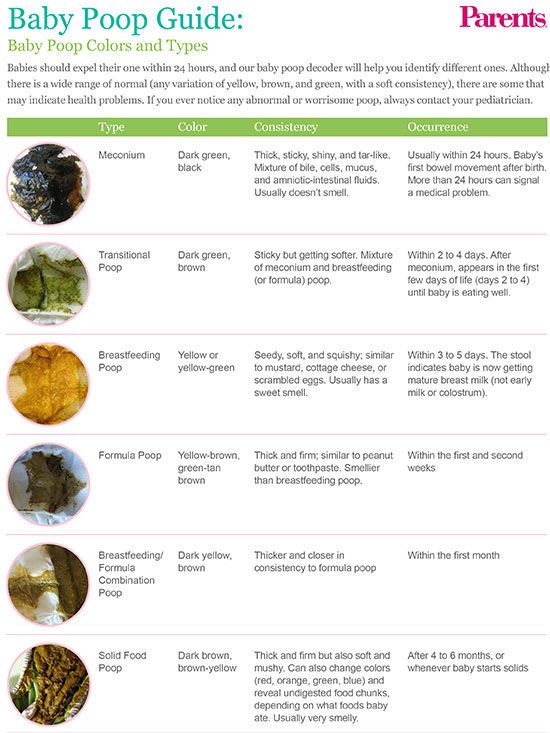 You should tell your doctor or pediatrician if you notice blood in the poop, or if your baby looks sick.
You should tell your doctor or pediatrician if you notice blood in the poop, or if your baby looks sick.
Straining to poop
Don’t worry if your baby appears to be straining to poop. Straining while pooping is typical for young babies. This is because they are still learning how coordinate the muscles needed to poop.
Babies also spend a lot of time lying down, so gravity isn’t on their side to help pass poops!
But if your baby’s poops become hard or dry, talk with your pediatrician.
If your baby is formula-fed, poops less than once a day, and appears to be straining, this is another reason to talk with a doctor. It could be a sign of constipation.
A baby can sometimes get a little stopped up or constipated. In fact, up to 30% of children get constipated pretty regularly. This can make your baby pass gas (fart), even though they are not pooping. When they do go, the stool is hard.
On the other hand, your baby might get gassy in between poops, without constipation.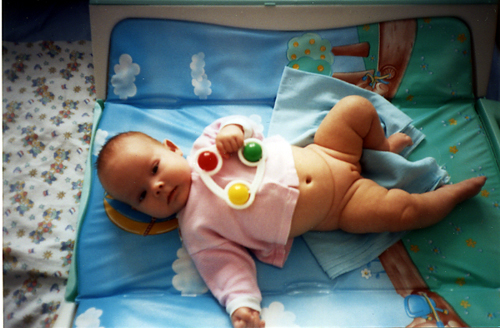 There are several common reasons why this might occasionally happen. Babies sometimes swallow air, which can lead to gas.
There are several common reasons why this might occasionally happen. Babies sometimes swallow air, which can lead to gas.
Some babies are just naturally gassy, just like they’re naturally cute. Sometimes a baby with stinky gas is just a baby with stinky gas. But if your baby seems to be having gas pains, bring it up with your pediatrician.
Breastfed babies
The good news is that babies who breastfeed or chestfeed are less likely to get constipated, because breast milk is generally easier to digest than formula.
If you’re nursing your baby, changes in your milk might have something to do with your baby’s poop frequency. Around 6 weeks after birth, your breast milk has little or no trace left of a yellowish substance called colostrum. Colostrum contains extra protein, antibodies, and other nutrients.
This liquid is one part of your breast milk that helps to give your newborn baby’s immune system a boost against germs. Colostrum may also work like a laxative, helping your baby poop in the first few weeks of life.
This may be one reason newborns poop several times a day. When there’s less colostrum — or none — your baby may have fewer poops.
Formula-fed babies
If your baby is feeding on formula, they might get gassy if they swallow air with feeding or if you change the kind of formula you use. A baby’s new digestive system can be finicky like that.
Some amount of gas is normal for all babies, and some babies just naturally pass more gas. If your baby is gassy, it doesn’t necessarily mean there is an issue or that you need to change anything to “fix” it.
If your baby is happily gassy and not showing symptoms of constipation or other issues, it’s fine to just let them be. But if your baby seems to be in pain due to gas, discuss it with your pediatrician.
Solids
When your baby starts trying solid foods, they might get gassy without pooping all over again. Introducing solid foods and new foods to your baby can cause little digestive hiccups.
It’s best to introduce new foods one at a time.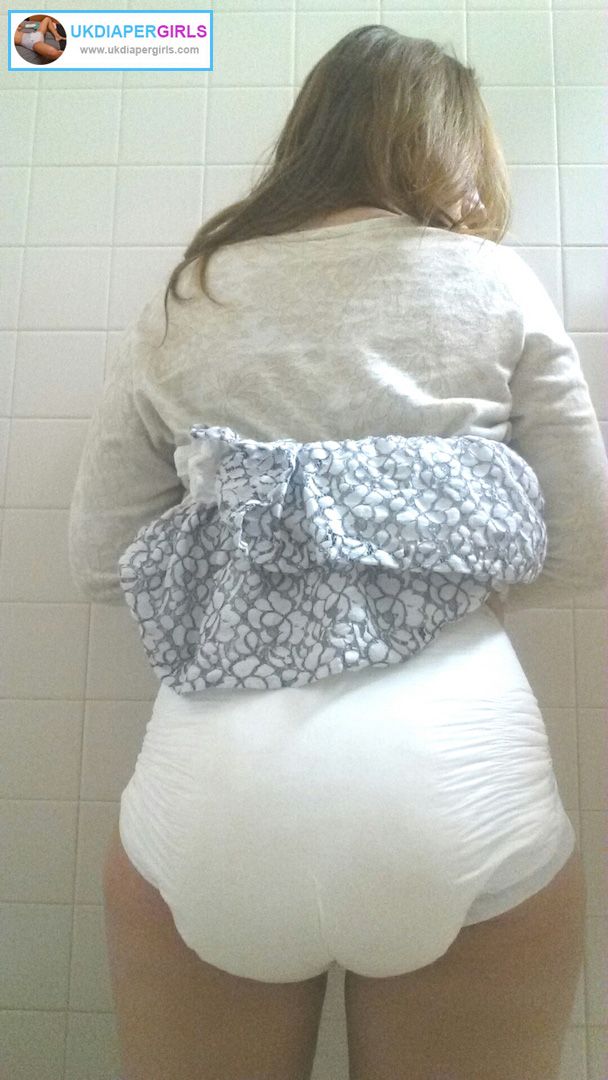 This can help you pinpoint sensitivities or foods that cause gassiness or pooping issues for your little one.
This can help you pinpoint sensitivities or foods that cause gassiness or pooping issues for your little one.
If your baby is gassy but not pooping, check for other signs and symptoms of constipation:
- excessive crying or irritability
- decreased appetite
- severe straining or turning red without pooping
- small hard poops (when they do poop)
- dry poop (when they do poop)
In most cases, your baby’s gassiness and constipation will resolve on its own as their digestive system figures things out. Sometimes, you might need to give it a little nudge.
Call the doctor
If your newborn baby (under the age of 6 weeks) is not pooping at all or very rarely pooping, see your doctor immediately. In rare cases, not pooping can be a sign of an underlying health issue. Check for other symptoms like:
- vomiting
- refusing feeds
- excess crying
- stomach bloating
- arching their back like they are in pain
- fever
- blood in the stool
Any time you notice blood in your baby’s stool, it’s important to talk with your doctor right away.
Babies who are older than 6 weeks will occasionally be constipated. Call your doctor if your baby has not had a poop for longer than a week or if they get constipated with hard stools more than once or twice.
Home treatments
Ask your doctor if you should try home remedies for your little one, like:
- liquids: If your baby is over 6 months old (age is important here!), you can give them a few ounces of water. For babies at least 1 month old, you can talk with your doctor about giving them a small amount apple or pear juice — 1 ounce for each month of age, up to 4 months. These juices have a natural sugar called sorbitol that is also a laxative. Drinking this might help soften your baby’s poop. Babies who are eating solid food can have prune juice.
- food: If your baby is eating solids, give them fiber-rich foods to help pass the poop. Try puréed prunes, sweet potatoes, or fruits. Fiber-rich foods might make your baby gassy, but they often help with the poop!
- exercise: Your baby might just need to get moving to help them poop! Moving your baby’s legs as in a bicycle motion may help rev their digestion engine.
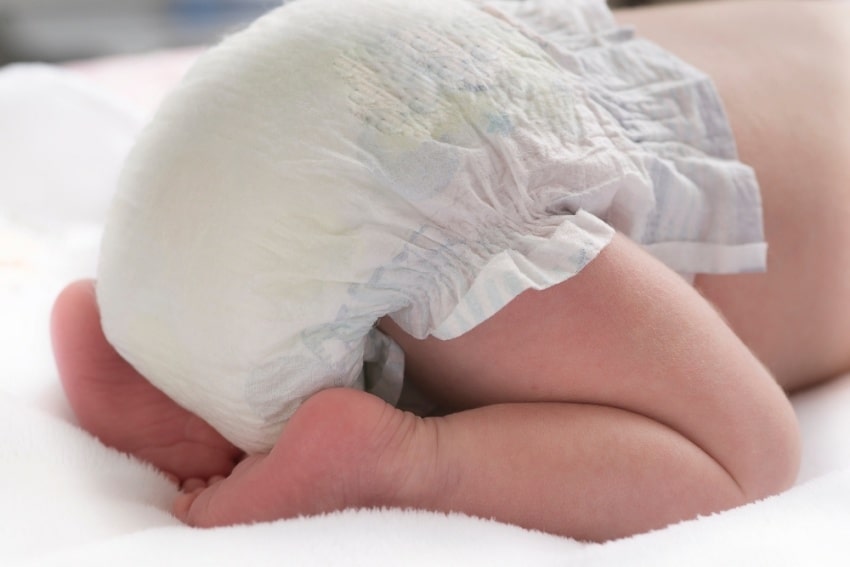 You can also try holding your baby up so they are “walking” in your lap.
You can also try holding your baby up so they are “walking” in your lap. - massage and a warm bath: Try massaging your baby’s stomach and body. This can help relax them and get their digestion moving. You can also try a warm bath to help them relax.
- medications: If none of the changes in feeding, diet, or exercise help with the constipation, your doctor might recommend trying an infant glycerin suppository. These have to be put into your baby’s rectum, but they may be relieved and sleep peacefully when they can have a good poop! But be sure to talk with your baby’s doctor first if you are considering this option.
If your baby is gassy but not pooping, don’t worry. These common symptoms are normal in babies as they learn how to feed and digest food. Your baby might be constipated.
Call your baby’s pediatrician immediately if your newborn baby (under 6 weeks old) is not pooping at all. Also call if your baby (of any age) has constipation for longer than 5 to 7 days or if they also have other symptoms.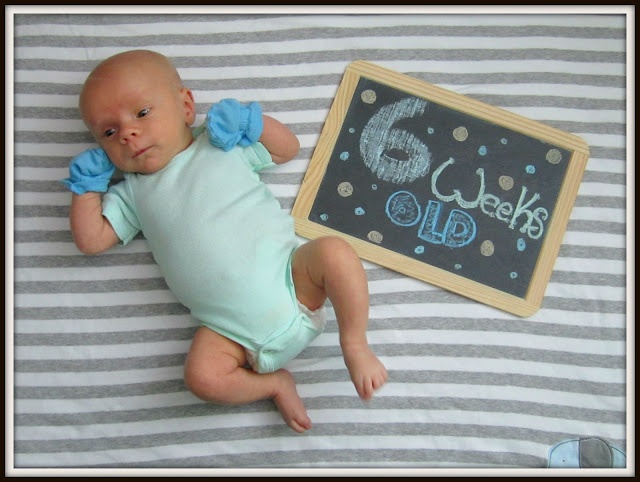
When to Call the Pediatrician
Written by WebMD Editorial Contributors
In this Article
- When to Call the Doctor Right Away
- What to Watch For
- Follow Your Instincts
Wouldn’t it be great if your newborn came home from the hospital with a set of instructions and rules that spelled out exactly when you need to call the pediatrician? But they don’t. And your little one can’t tell you what’s wrong. So it’s important to know the signs of serious problems.
When to Call the Doctor Right Away
Trouble breathing. If your baby is breathing more than 60 breaths a minute, having pauses in breathing, or has a bluish tint to their skin, lips, and nails, it could be a lung or heart condition.
Fever. If the baby’s temperature measured in the rectum is 100.4 F or higher, they have a fever. For the first 3 months of your baby’s life, take temperatures in the rectum, not in the ear, mouth, or under the armpit.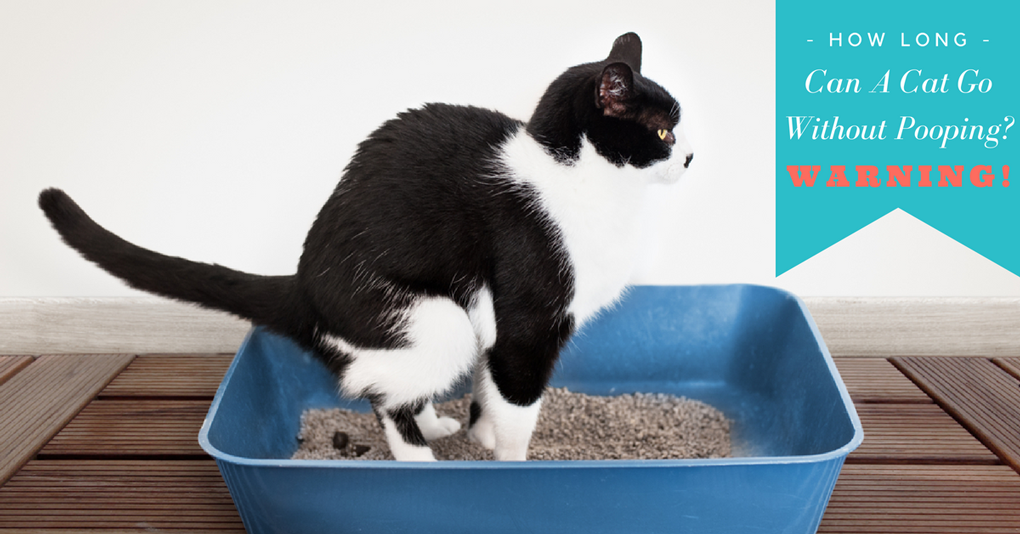 Fever in newborns may be due to a serious condition such as bacterial meningitis or sepsis, a bloodstream infection. Both can be life-threatening if they aren’t treated right away. Before you call, write down your child’s temperature and the exact time you took it.
Fever in newborns may be due to a serious condition such as bacterial meningitis or sepsis, a bloodstream infection. Both can be life-threatening if they aren’t treated right away. Before you call, write down your child’s temperature and the exact time you took it.
Blood in vomit or stool. It may just be due to diaper rash, but it could also be a sign of a more serious stomach condition.
Yellowish skin or eyes. This can be a sign of jaundice, which usually develops between the second and fourth day after birth. You can check by pressing gently on your infant’s forehead -- if the skin looks yellow, they may have mild jaundice. Most hospitals check your newborn for jaundice before they go home, but it can develop in breastfed babies anytime during the first week of life. Your pediatrician will check for it during the first office visit, 1-3 days after the baby leaves the hospital.
Your baby is sleeping more than usual or won’t wake up.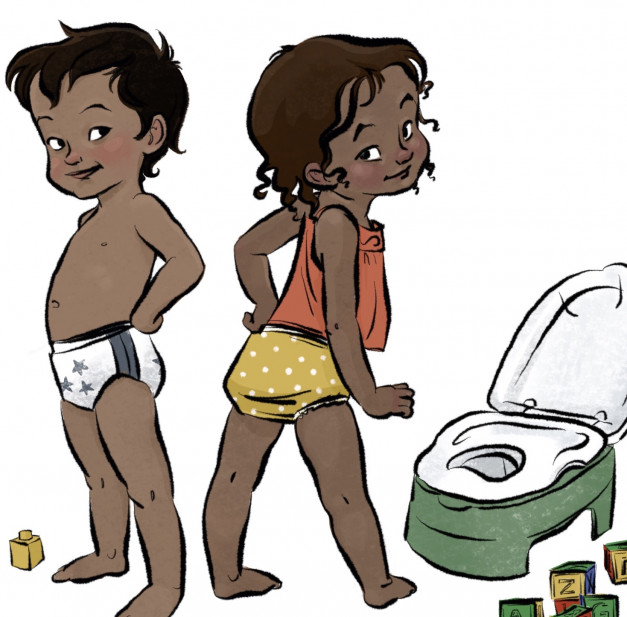 It’s true that most newborns can sleep pretty much through anything. But if your baby won’t stir even after you’ve undressed them or prodded them a bit, it’s time to call the doctor.
It’s true that most newborns can sleep pretty much through anything. But if your baby won’t stir even after you’ve undressed them or prodded them a bit, it’s time to call the doctor.
What to Watch For
Not eating. If your newborn refuses several feedings in a row or seems to be eating less than usual, check with your doctor.
Not peeing. A healthy newborn has 6 to 8 wet diapers in 24 hours after day 4 of life. If they have fewer than that, they may be dehydrated. Other signs include sunken eyes and a sunken fontanel (the soft spot on your baby’s head), and no tears when crying.
Diarrhea. This can be hard to notice in a newborn, especially a breastfeeding one, as they have frequent, soft stools. If you suddenly notice more frequent bowel movements (for example, several while eating) or very watery ones, it could be diarrhea. Call your pediatrician if it goes on for 6-8 diaper changes.
Constipation. Your newborn should have a bowel movement at least once a day during the first month.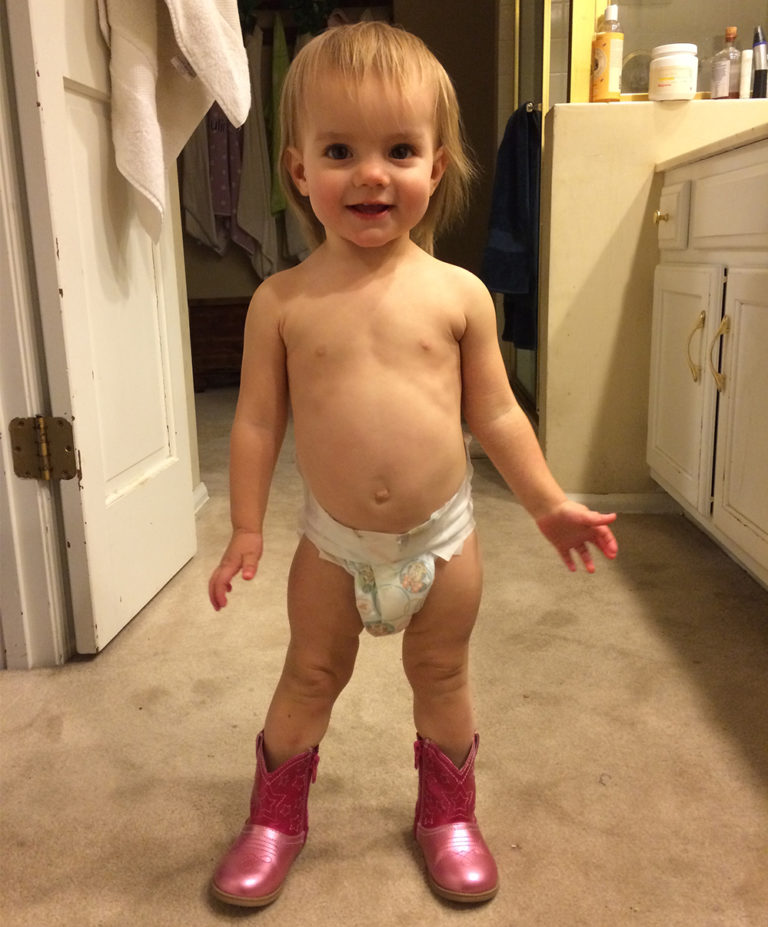 If they don’t, call your doctor, as the baby may not be eating enough. After that, a formula-fed infant should have one at least one a day, but breastfed infants can go several days or even a week without one. If your baby is 1 month or older and is constipated (no pooping, or hard stool), you can try giving apple or pear juice (1 ounce a day for every month of life, so a 2-month-old would get 2 ounces). If that doesn’t help after a day or two, call your pediatrician.
If they don’t, call your doctor, as the baby may not be eating enough. After that, a formula-fed infant should have one at least one a day, but breastfed infants can go several days or even a week without one. If your baby is 1 month or older and is constipated (no pooping, or hard stool), you can try giving apple or pear juice (1 ounce a day for every month of life, so a 2-month-old would get 2 ounces). If that doesn’t help after a day or two, call your pediatrician.
A cold that doesn’t get better. Even newborns come down with colds. Most of the time, the congestion and runny nose is uncomfortable for your little one but isn't serious. But call the doctor if your baby is so stuffed up they have trouble feeding or sleeping, if they seem especially cranky, have a persistent fever, or if nasal symptoms last longer than 10-14 days.
Vomiting. It’s normal for your newborn to spit up small amounts of milk within an hour after being fed. But if the flow is particularly forceful and happens more than two or three times in a day, call your doctor.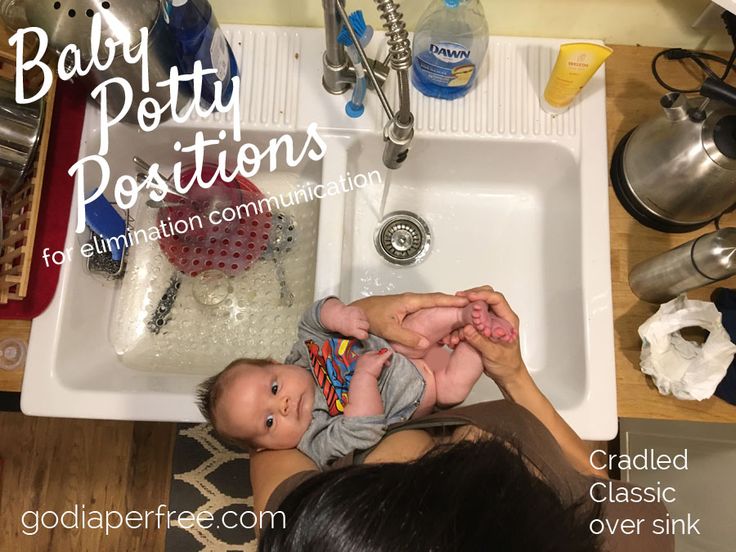 It could indicate an infection, gastroesophageal reflux disease, or, in rare cases, pyloric stenosis, a thickening of stomach muscles that requires surgery.
It could indicate an infection, gastroesophageal reflux disease, or, in rare cases, pyloric stenosis, a thickening of stomach muscles that requires surgery.
Tender belly button or penis. If your baby's umbilical area or penis (for circumcised boys) becomes red or starts to ooze or bleed, it could be a sign of a bacterial infection, and it needs antibiotic treatment right away.
Diaper rash that doesn’t go away. More than half of all babies get redness around their diaper area. You can treat it with a thick layer of zinc oxide or petroleum, but if it doesn’t get better within 48 to 72 hours, bleeds, or you see pus-filled sores, call your doctor. Your baby may have a yeast or bacterial infection and will need medication.
Crying inconsolably. Of course all babies cry. But if yours has been crying hard for a long time and nothing you do can calm them, something may be wrong.
Follow Your Instincts
If you’re worried, pick up the phone.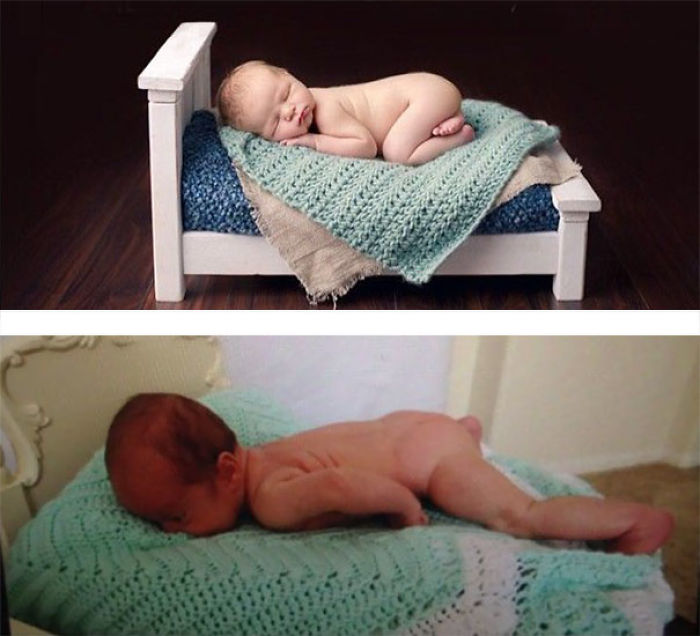 It’s always best to err on the side of caution, especially when it comes to newborns. Pediatricians’ offices are used to fielding calls from anxious parents and can always help ease your worries or tell you what to do. Before calling your doctor, make sure to have a pen and paper to write down any instructions they might give. You should also have the following information on hand:
It’s always best to err on the side of caution, especially when it comes to newborns. Pediatricians’ offices are used to fielding calls from anxious parents and can always help ease your worries or tell you what to do. Before calling your doctor, make sure to have a pen and paper to write down any instructions they might give. You should also have the following information on hand:
- Their temperature
- Any medical problems your baby has
- The names and doses of any medicine your newborn takes
- Your baby’s immunization records
What is constipation in a newborn
The contents of a baby diaper is one of the key topics that young mothers discuss. They pay attention to the frequency of the stool, its consistency, color and smell. One of the most common problems they complain about to doctors or to each other is constipation in babies. We figure out what the baby’s chair depends on and how many days he may not go to the toilet for the most part.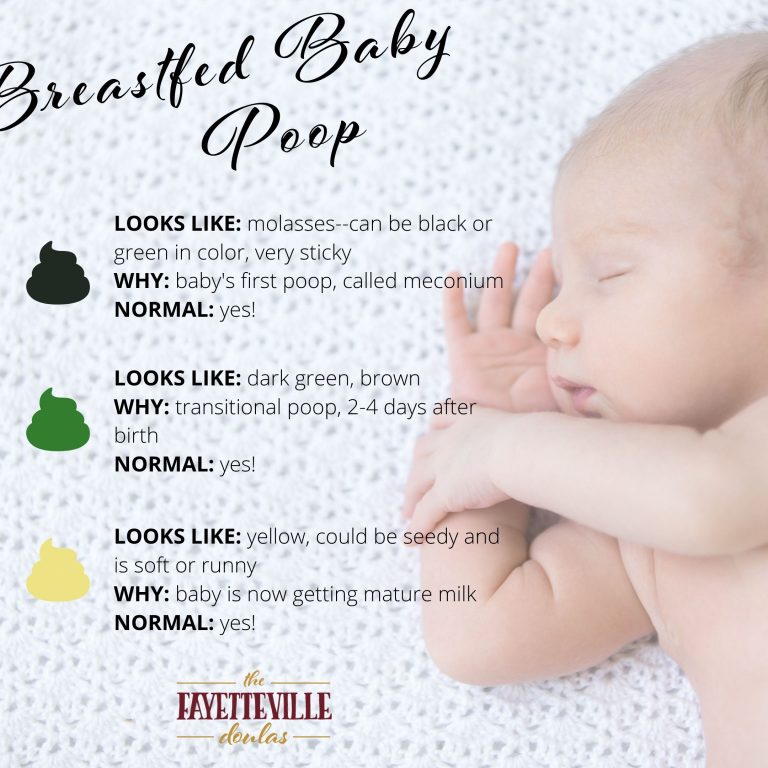
Normal neonatal stool
During fetal development, nutrients are supplied to the baby through the umbilical cord. Through it, the metabolic products of the fetus are also excreted. The digestive system of a newborn begins to work only after childbirth, so it is logical that the baby does not poop in utero. But this does not mean that nothing gets into it.
During this period, the child actively swallows amniotic fluid (amniotic fluid). Its excretion from the body begins after the birth of the child and the start of breastfeeding. For the first time, a newborn goes to the toilet on the second day after birth. This stool is not like a baby's usual feces. Over time, he will return to normal.
How does the baby's stool change in the first months of life?
| Age | Child's chair |
| 1–3 days after birth | The chair is dense, pasty. |
| 3–5 days after birth | The chair gradually brightens, becomes mushy. Usually does not cause any inconvenience to the child. But some problems may arise due to the fact that the digestive tract of the baby "learns" to work and is colonized by bacteria. |
| 2 weeks after birth | The work of the gastrointestinal tract is normalized. If the mother feeds the baby with breast milk, the stool is creamy, yellow. On artificial feeding it can be thicker. Not always homogeneous, there may be inclusions. Due to the immaturity of the enzymatic system, it is greenish in color. |
| 1 month after birth | A month old baby can poop from one to several times a day. The chair is normalized and is both pasty and quite hard. Some children may also have stool retention. |
| 2 months after birth | The work of the intestine continues to improve. Two-month-old baby no longer goes to the toilet after every feed. The number of bowel movements is reduced to 1-2 per day. The stool is still not hard, more like slurry. It can be homogeneous and interspersed. |
Constipation is not considered that the baby cannot go to the toilet for a certain time. The main criteria at this age are not stool retention, but unpleasant sensations during defecation (the child cries before pooping), a large amount of stool and its hard consistency.
Because of what the child does not walk on large
Constipation is a reduction in the number of bowel movements relative to their normal number for this age. In addition, such a disorder of the stool is accompanied by the discharge of a large amount of dense stool. Thus, constipation is not just a decrease in the number of bowel movements, but also a change in the stool itself.
Thus, constipation is not just a decrease in the number of bowel movements, but also a change in the stool itself.
Other signs of constipation in a baby include the following:
- change in stool odor;
- a large amount of gases;
- anxiety of the baby during washing;
- restless sleep in a baby with frequent awakenings;
- intense crying that cannot be stopped.
Even if the baby goes to the toilet every day, but at the same time his feces become plentiful and dry, this indicates constipation in the child. At the same time, the absence of a bowel movement for several days, which does not cause any inconvenience to the baby, and normal mushy stools, even after a break, are not considered grounds for making such a diagnosis.
Causes of impaired defecation can be both normal and pathological. The most common causes of constipation in babies are:
- congenital malformations of the gastrointestinal tract;
- disruption of the digestive glands;
- violation of the normal colonization of the gastrointestinal tract by flora;
- the predominance of the mixture over breast milk;
- insufficient fluid intake;
- unsuitable mixture for the baby;
- allergic reactions;
- Iron-deficiency anemia.

Most often, the problem lies in improperly selected nutrition or dysbacteriosis in babies. The fact is that the child's intestines are sterile, and until the flora returns to normal, constipation can develop even in a one-month-old baby. Usually this condition does not require medical intervention, but the baby needs some help anyway.
Constipation is not just a delay in stool, but also a change in its consistency. It can be difficult for a young mother to understand when the lack of bowel movements is normal, and when the child needs help. Our doctors at a remote consultation will help you understand when a child needs help, advise on how to organize a baby’s diet and choose the right formula for him.
When constipation of the baby requires medical attention
Most often, problems with defecation in infants occur due to improper feeding or due to the immaturity of the gastrointestinal tract.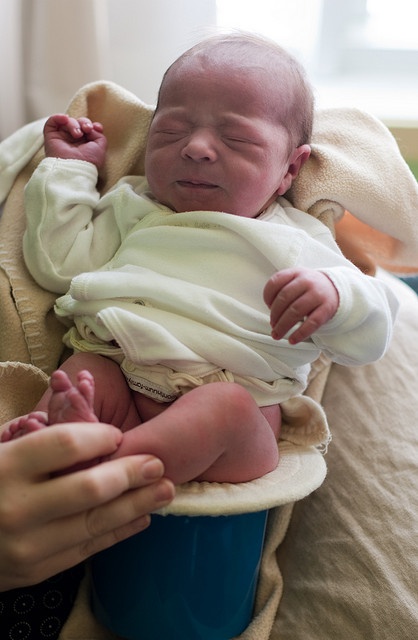 However, in some cases, the absence of a chair requires medical intervention. It is especially dangerous if the newborn cannot go to the toilet and his meconium has not passed 2 days after birth.
However, in some cases, the absence of a chair requires medical intervention. It is especially dangerous if the newborn cannot go to the toilet and his meconium has not passed 2 days after birth.
This may indicate congenital problems with the gastrointestinal tract, which require additional diagnosis and examination by a neonatologist. In addition, other symptoms may indicate them. The main ones are:
- blood streaks or black blotches appear in the feces;
- close relatives have diagnosed diseases of the gastrointestinal tract;
- the child burps frequently and profusely;
- he has vomiting with bile impurities;
- the child gains little or no weight;
- his stomach is very distended;
- the child's stool is like a ribbon;
- he refuses breast or bottle;
- the child cries a lot, and the parents cannot calm him down;
- his temperature rises;
- there are traces of calomania on the diaper, but the feces themselves do not go away.

If such symptoms are observed in the maternity hospital, it is necessary to report them to the neonatologist on duty. If they are found after discharge from the hospital, you need to call a pediatrician or report these symptoms during a patronage bypass. In cases where the child begins to vomit profusely and the temperature rises sharply, you need to call an ambulance.
Important! The minimum weight gain for children in the first three months of life is 150 grams per week or 600 grams per month. In the first month, the increase is calculated from the minimum weight, and not from birth weight.
How to treat stool problems in an infant
To help the baby cope with constipation, you need to understand what caused its development. The diagnosis is made on the basis of a survey of the mother and a physical examination - the doctor palpates the abdomen, examines the anus and performs a rectal examination. To determine the cause, an examination is also carried out - general tests of urine, blood and feces, ultrasound and others if necessary.
If pathologies are detected, a small patient is sent for treatment to a gastroenterologist, who will prescribe the appropriate treatment for the child. In other cases, it is recommended to change the lifestyle of both the nursing mother and the baby:
- A nursing mother is recommended a light diet without fried and fatty foods, with plenty of fresh vegetables and fruits. It is also worth reducing the amount of sugar in the diet, as it can cause fermentation in the digestive tract.
- Try to keep breastfeeding or mixed feeding as long as possible. Breast milk helps the digestive tract to ripen and form the correct flora.
- When transferring to artificial feeding, make sure that the mixture does not contain palm oil. It impairs the digestive processes and can cause constipation.
- If these measures do not help, the child may be prescribed pro- and prebiotics, which help to normalize the intestinal flora, after which the digestive processes also normalize.

- As prescribed by the doctor, the baby may be prescribed laxatives, glycerin suppositories, microenemas and gas tubes. However, you should not get carried away with these drugs, since their constant use can lead to hypotension.
Massage of the abdomen can also help the newborn - stroke the baby's tummy in a circular motion in a clockwise direction and gently press the legs to the stomach. This will improve peristalsis and help the stool pass. A warm bath can also help the baby - it will relax the muscles and make it easier to pass the stool.
If we are not talking about pathologies of the gastrointestinal tract, normalizing the nutrition of mother and child helps to fight constipation. Our doctors will help you choose the best diet, tell you when your child needs supplementary feeding, and determine when he needs medication.
FAQ
How do you know if a baby is constipated?
+
Normally, a child’s stool may be absent for several days, if the baby himself is calm at the same time, and the feces after that are soft and pass without problems. A sign of constipation is the presence of a hard plentiful stool and difficulty with the bowel movement itself.
A sign of constipation is the presence of a hard plentiful stool and difficulty with the bowel movement itself.
Why is there a delay in stool in infants?
+
Stool retention can develop due to the immaturity of the gastrointestinal tract of the child, pathologies in the development of the intestines or digestive glands, dysbacteriosis, dehydration, an improperly selected mixture, or flaws in the diet of a nursing mother.
Can a newborn baby be given a laxative for constipation?
+
Do not give a newborn baby any medication without first consulting a doctor. Your doctor will assess the severity of your constipation and suggest ways to treat it with or without a laxative.
What to do if the baby has constipation? Should I force my baby to poop?
+
If the child is not bothered by anything, and the feces after the pass pass without problems, then there is no need to interfere in these processes. If the baby is clearly having difficulty with bowel movements, consult a doctor to find methods that facilitate this process.
If the baby is clearly having difficulty with bowel movements, consult a doctor to find methods that facilitate this process.
Can planting help with constipation?
+
Theoretically, an upright posture can help a child cope with constipation. However, these methods are rather auxiliary and will not lead to a stable result. It is more effective to adjust the diet and make sure that the child does not have dehydration.
Expert opinion
The absence of a chair in a child does not always mean that the baby has developed constipation. It is indicated by hard plentiful stools, restlessness and a swollen belly of the baby. The cause of a violation of the stool can be both pathological processes in the gastrointestinal tract, and flaws in the diet of the mother or baby. To determine when constipation requires treatment, the doctors of our service will help. They are available at any time of the day without queues and long waiting times.
We publish only verified information
Article author
Pruzhinin Mark Yulievich pediatrician
Experience 30 years
Consultations 1572
Articles 104
An experienced pediatrician with extensive experience and clinical experience in various medical organizations, resuscitation and intensive care and neuroinfection.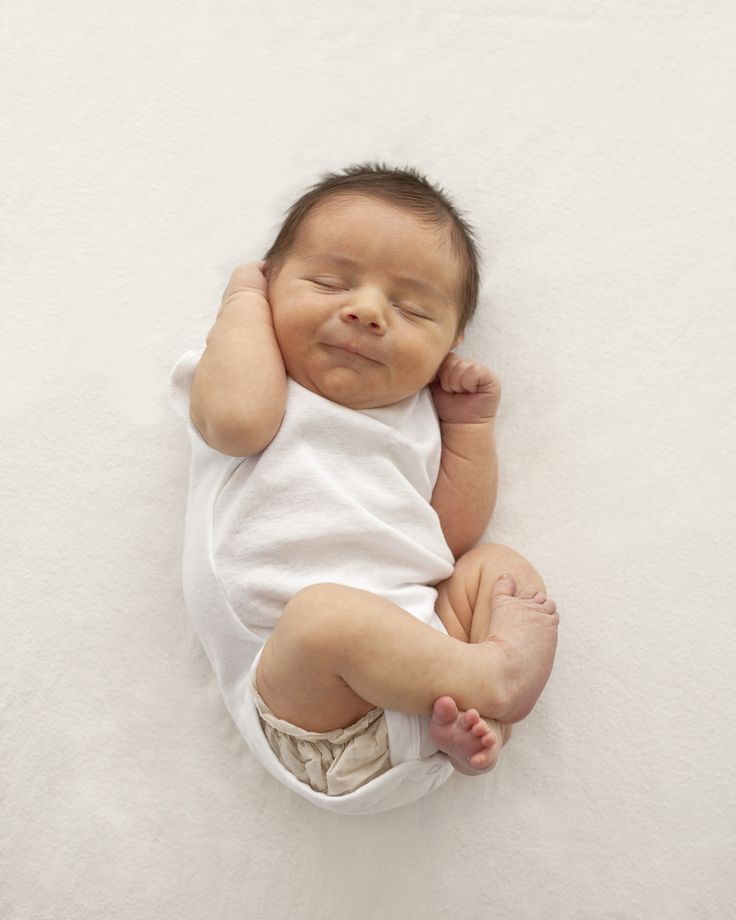 Works with leading experts, attends international and Russian conferences.
Works with leading experts, attends international and Russian conferences.
What is constipation in a newborn
The contents of a baby diaper is one of the key topics that young mothers discuss. They pay attention to the frequency of the stool, its consistency, color and smell. One of the most common problems they complain about to doctors or to each other is constipation in babies. We figure out what the baby’s chair depends on and how many days he may not go to the toilet for the most part.
Normal neonatal stool
During fetal development, nutrients are supplied to the baby through the umbilical cord. Through it, the metabolic products of the fetus are also excreted. The digestive system of a newborn begins to work only after childbirth, so it is logical that the baby does not poop in utero. But this does not mean that nothing gets into it.
During this period, the child actively swallows amniotic fluid (amniotic fluid). Its excretion from the body begins after the birth of the child and the start of breastfeeding. For the first time, a newborn goes to the toilet on the second day after birth. This stool is not like a baby's usual feces. Over time, he will return to normal.
For the first time, a newborn goes to the toilet on the second day after birth. This stool is not like a baby's usual feces. Over time, he will return to normal.
How does the baby's stool change in the first months of life?
| Age | Child's chair |
| 1–3 days after birth | The chair is dense, pasty. Usually dark, sometimes greenish in color. The passage of meconium can cause discomfort to the baby. |
| 3–5 days after birth | The chair gradually brightens, becomes mushy. Usually does not cause any inconvenience to the child. But some problems may arise due to the fact that the digestive tract of the baby "learns" to work and is colonized by bacteria. |
| 2 weeks after birth | The work of the gastrointestinal tract is normalized. |
| 1 month after birth | A month old baby can poop from one to several times a day. The chair is normalized and is both pasty and quite hard. Some children may also have stool retention. But if the separation of feces does not cause discomfort and anxiety in the baby, they should not bother the mother either. |
| 2 months after birth | The work of the intestine continues to improve. Two-month-old baby no longer goes to the toilet after every feed. The number of bowel movements is reduced to 1-2 per day. The stool is still not hard, more like slurry. It can be homogeneous and interspersed. |
Constipation is not considered that the baby cannot go to the toilet for a certain time. The main criteria at this age are not stool retention, but unpleasant sensations during defecation (the child cries before pooping), a large amount of stool and its hard consistency.
The main criteria at this age are not stool retention, but unpleasant sensations during defecation (the child cries before pooping), a large amount of stool and its hard consistency.
Because of what the child does not walk on large
Constipation is a reduction in the number of bowel movements relative to their normal number for this age. In addition, such a disorder of the stool is accompanied by the discharge of a large amount of dense stool. Thus, constipation is not just a decrease in the number of bowel movements, but also a change in the stool itself.
Other signs of constipation in a baby include the following:
- change in stool odor;
- a large amount of gases;
- anxiety of the baby during washing;
- restless sleep in a baby with frequent awakenings;
- intense crying that cannot be stopped.
Even if the baby goes to the toilet every day, but at the same time his feces become plentiful and dry, this indicates constipation in the child. At the same time, the absence of a bowel movement for several days, which does not cause any inconvenience to the baby, and normal mushy stools, even after a break, are not considered grounds for making such a diagnosis.
At the same time, the absence of a bowel movement for several days, which does not cause any inconvenience to the baby, and normal mushy stools, even after a break, are not considered grounds for making such a diagnosis.
Causes of impaired defecation can be both normal and pathological. The most common causes of constipation in babies are:
- congenital malformations of the gastrointestinal tract;
- disruption of the digestive glands;
- violation of the normal colonization of the gastrointestinal tract by flora;
- the predominance of the mixture over breast milk;
- insufficient fluid intake;
- unsuitable mixture for the baby;
- allergic reactions;
- Iron-deficiency anemia.
Most often, the problem lies in improperly selected nutrition or dysbacteriosis in babies. The fact is that the child's intestines are sterile, and until the flora returns to normal, constipation can develop even in a one-month-old baby.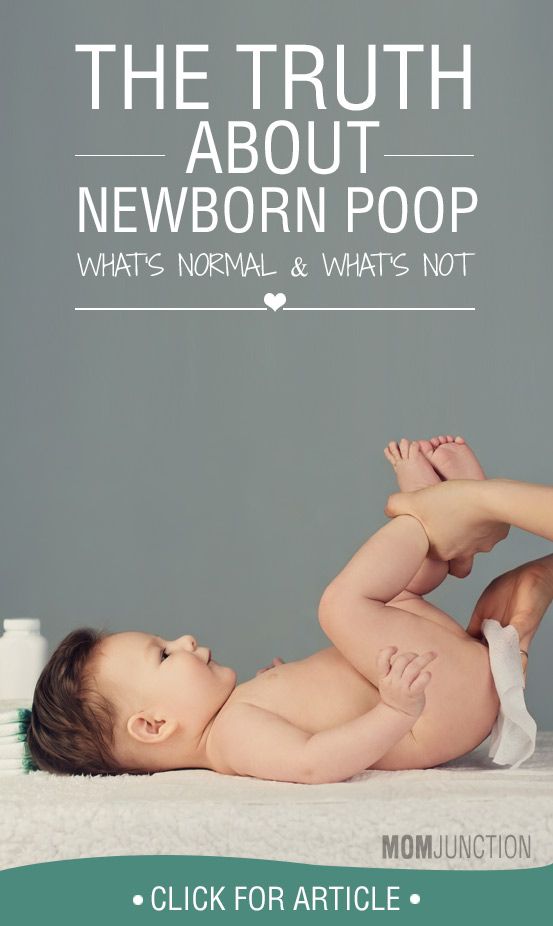 Usually this condition does not require medical intervention, but the baby needs some help anyway.
Usually this condition does not require medical intervention, but the baby needs some help anyway.
Constipation is not just a delay in stool, but also a change in its consistency. It can be difficult for a young mother to understand when the lack of bowel movements is normal, and when the child needs help. Our doctors at a remote consultation will help you understand when a child needs help, advise on how to organize a baby’s diet and choose the right formula for him.
When constipation of the baby requires medical attention
Most often, problems with defecation in infants occur due to improper feeding or due to the immaturity of the gastrointestinal tract. However, in some cases, the absence of a chair requires medical intervention. It is especially dangerous if the newborn cannot go to the toilet and his meconium has not passed 2 days after birth.
This may indicate congenital problems with the gastrointestinal tract, which require additional diagnosis and examination by a neonatologist. In addition, other symptoms may indicate them. The main ones are:
In addition, other symptoms may indicate them. The main ones are:
- blood streaks or black blotches appear in the feces;
- close relatives have diagnosed diseases of the gastrointestinal tract;
- the child burps frequently and profusely;
- he has vomiting with bile impurities;
- the child gains little or no weight;
- his stomach is very distended;
- the child's stool is like a ribbon;
- he refuses breast or bottle;
- the child cries a lot, and the parents cannot calm him down;
- his temperature rises;
- there are traces of calomania on the diaper, but the feces themselves do not go away.
If such symptoms are observed in the maternity hospital, it is necessary to report them to the neonatologist on duty. If they are found after discharge from the hospital, you need to call a pediatrician or report these symptoms during a patronage bypass. In cases where the child begins to vomit profusely and the temperature rises sharply, you need to call an ambulance.
Important! The minimum weight gain for children in the first three months of life is 150 grams per week or 600 grams per month. In the first month, the increase is calculated from the minimum weight, and not from birth weight.
How to treat stool problems in an infant
To help the baby cope with constipation, you need to understand what caused its development. The diagnosis is made on the basis of a survey of the mother and a physical examination - the doctor palpates the abdomen, examines the anus and performs a rectal examination. To determine the cause, an examination is also carried out - general tests of urine, blood and feces, ultrasound and others if necessary.
If pathologies are detected, a small patient is sent for treatment to a gastroenterologist, who will prescribe the appropriate treatment for the child. In other cases, it is recommended to change the lifestyle of both the nursing mother and the baby:
- A nursing mother is recommended a light diet without fried and fatty foods, with plenty of fresh vegetables and fruits.
 It is also worth reducing the amount of sugar in the diet, as it can cause fermentation in the digestive tract.
It is also worth reducing the amount of sugar in the diet, as it can cause fermentation in the digestive tract. - Try to keep breastfeeding or mixed feeding as long as possible. Breast milk helps the digestive tract to ripen and form the correct flora.
- When transferring to artificial feeding, make sure that the mixture does not contain palm oil. It impairs the digestive processes and can cause constipation.
- If these measures do not help, the child may be prescribed pro- and prebiotics, which help to normalize the intestinal flora, after which the digestive processes also normalize.
- As prescribed by the doctor, the baby may be prescribed laxatives, glycerin suppositories, microenemas and gas tubes. However, you should not get carried away with these drugs, since their constant use can lead to hypotension.
Massage of the abdomen can also help the newborn - stroke the baby's tummy in a circular motion in a clockwise direction and gently press the legs to the stomach. This will improve peristalsis and help the stool pass. A warm bath can also help the baby - it will relax the muscles and make it easier to pass the stool.
This will improve peristalsis and help the stool pass. A warm bath can also help the baby - it will relax the muscles and make it easier to pass the stool.
If we are not talking about pathologies of the gastrointestinal tract, normalizing the nutrition of mother and child helps to fight constipation. Our doctors will help you choose the best diet, tell you when your child needs supplementary feeding, and determine when he needs medication.
FAQ
How do you know if a baby is constipated?
+
Normally, a child’s stool may be absent for several days, if the baby himself is calm at the same time, and the feces after that are soft and pass without problems. A sign of constipation is the presence of a hard plentiful stool and difficulty with the bowel movement itself.
Why is there a delay in stool in infants?
+
Stool retention can develop due to the immaturity of the gastrointestinal tract of the child, pathologies in the development of the intestines or digestive glands, dysbacteriosis, dehydration, an improperly selected mixture, or flaws in the diet of a nursing mother.
Can a newborn baby be given a laxative for constipation?
+
Do not give a newborn baby any medication without first consulting a doctor. Your doctor will assess the severity of your constipation and suggest ways to treat it with or without a laxative.
What to do if the baby has constipation? Should I force my baby to poop?
+
If the child is not bothered by anything, and the feces after the pass pass without problems, then there is no need to interfere in these processes. If the baby is clearly having difficulty with bowel movements, consult a doctor to find methods that facilitate this process.
Can planting help with constipation?
+
Theoretically, an upright posture can help a child cope with constipation. However, these methods are rather auxiliary and will not lead to a stable result. It is more effective to adjust the diet and make sure that the child does not have dehydration.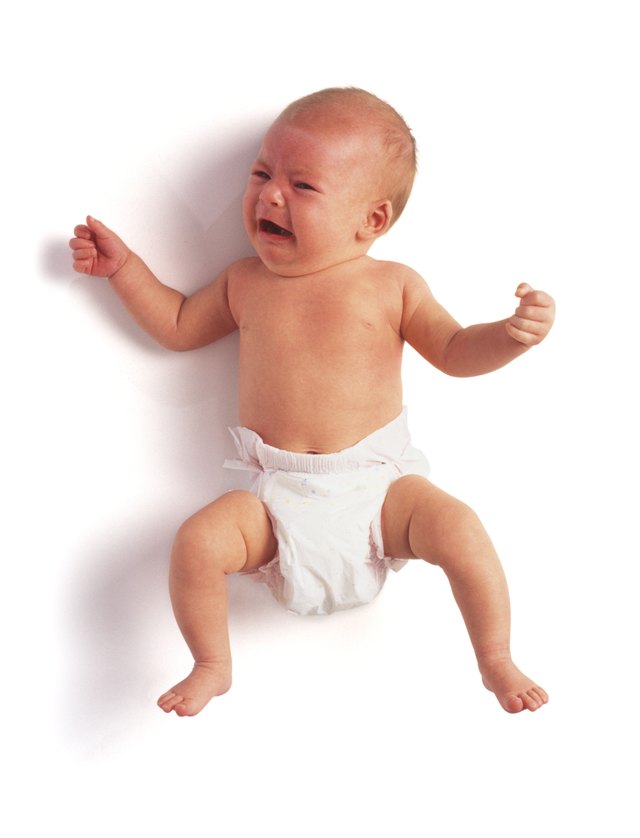
 Usually dark, sometimes greenish in color. The passage of meconium can cause discomfort to the baby.
Usually dark, sometimes greenish in color. The passage of meconium can cause discomfort to the baby.  But if the separation of feces does not cause discomfort and anxiety in the baby, they should not bother the mother either.
But if the separation of feces does not cause discomfort and anxiety in the baby, they should not bother the mother either.  If the mother feeds the baby with breast milk, the stool is creamy, yellow. On artificial feeding it can be thicker. Not always homogeneous, there may be inclusions. Due to the immaturity of the enzymatic system, it is greenish in color.
If the mother feeds the baby with breast milk, the stool is creamy, yellow. On artificial feeding it can be thicker. Not always homogeneous, there may be inclusions. Due to the immaturity of the enzymatic system, it is greenish in color. /cdn.vox-cdn.com/uploads/chorus_asset/file/9892303/tpc5.png)
